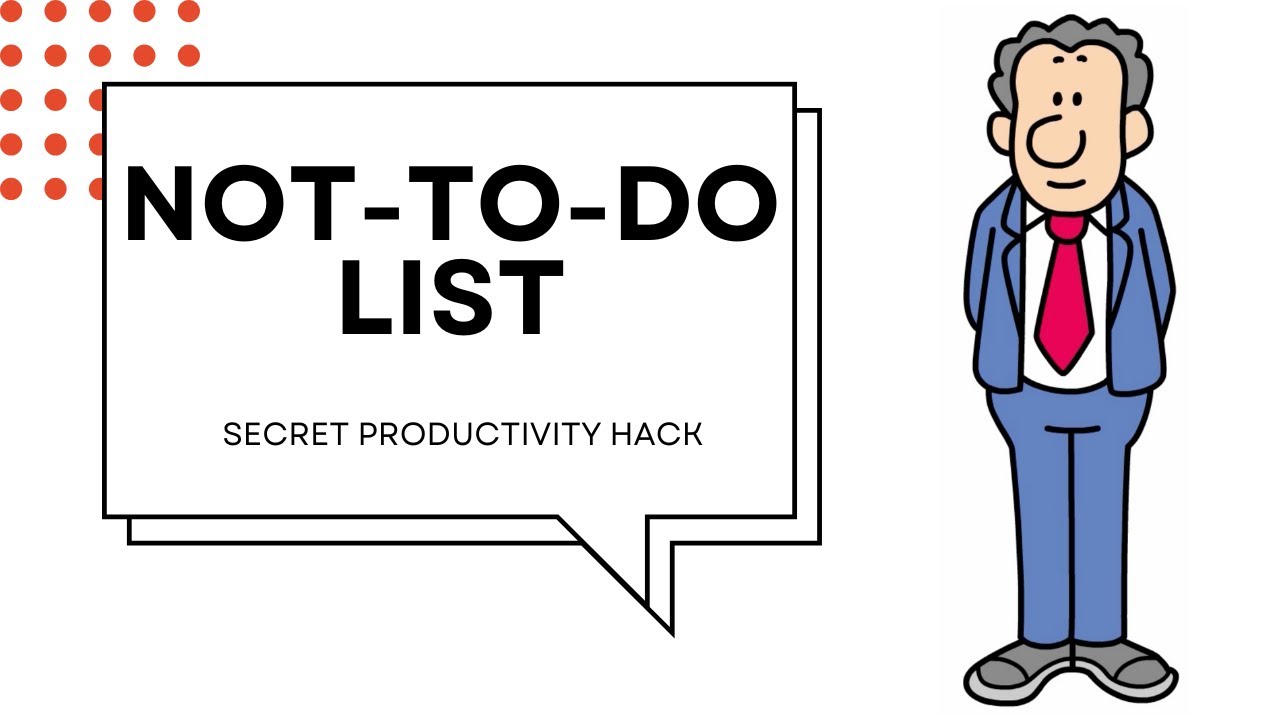
The Secret Productivity Hack Every Entrepreneur Needs
- by Editor
Mark was the kind of entrepreneur who believed he could do it all. He had built a small but growing tech startup, managed a small team, and was always on the lookout for the next big opportunity. His days were a whirlwind of meetings, product brainstorms, and sales calls. Yet, despite his hustle, Mark felt like he was running in place.
One Friday evening, as Mark sat at his desk staring at his never-ending to-do list, exhaustion set in. The list included tasks like:
- Finalize the new marketing campaign.
- Prepare for Monday’s investor pitch.
- Research industry trends.
- Respond to the dozens of emails piling up.
But instead of tackling anything, Mark found himself scrolling through startup forums and binge-watching “Shark Tank” clips. Why does it feel like I’m working hard, but nothing is moving the needle? he wondered.
Then, Mark remembered something he’d read in a productivity blog: Sometimes the key to success isn’t adding more tasks—it’s subtracting the right ones.
The Birth of the Not-To-Do List
Determined to try a new approach, Mark grabbed a whiteboard and wrote at the top: “NOT-TO-DO LIST.”
He stared at the blank space for a moment, then scribbled:
- No checking emails during deep work hours.
- No meetings without a clear agenda.
- No work tasks after 7 p.m.
It felt counterintuitive—shouldn’t a startup founder be doing everything? But something about it felt liberating, and Mark decided to experiment with his new rules.
The Entrepreneur’s Experiment
The next Monday morning, Mark woke up, brewed a strong cup of coffee, and reviewed his day. The first major task was to refine the marketing pitch for investors.
His email inbox was already exploding with requests and questions, but Mark remembered his not-to-do list: No checking emails during deep work hours. He turned off his notifications, closed his email tab, and got to work.
For two uninterrupted hours, Mark focused on perfecting the pitch. By the time he finished, he realized it was the best presentation he’d ever created.
Later that afternoon, Mark had a meeting with his team. In the past, team meetings often dragged on with endless tangents. But before this one started, Mark enforced rule #2: No meetings without a clear agenda.
“Here’s what we need to cover,” Mark said as the team gathered. “Let’s stick to these three points.”
The meeting ended in 20 minutes—half the usual time—and everyone left with clear action items.
Breaking Old Habits
The toughest test came that evening. Mark was tempted to dive back into work after dinner, but his third rule—No work tasks after 7 p.m.—stopped him. Instead of firing up his laptop, he spent the time unwinding with a book and brainstorming creative ideas for the business.
The result? When Mark returned to work the next morning, he felt refreshed and brimming with new ideas.
From Hustler to Strategist
As the weeks passed, Mark refined and expanded his not-to-do list. He added rules like:
- No saying “yes” to low-priority partnerships.
- No micromanaging team members.
- No multitasking during investor calls.
The results were transformative. By cutting out distractions and low-value tasks, Mark freed up mental space for what truly mattered: scaling his business.
When his startup landed its biggest client yet, one of his team members asked, “What’s your secret? How do you stay so focused?”
Mark smiled and said, “The secret isn’t what I do. It’s what I don’t do.”
A Lesson in Limits
One day, Mark was invited to a panel discussion for aspiring entrepreneurs. During the Q&A, a young founder asked him, “Isn’t limiting yourself bad for growth? Shouldn’t we take every opportunity we can?”
Mark leaned into the microphone and shared a story from his early days:
“Back when I started, I was like a kid in a candy store—saying yes to every meeting, every opportunity, every idea. But I realized that not all opportunities are created equal. Some just distract you from your bigger goals. By learning to say no, I gained the focus to build something meaningful. Freedom isn’t about doing everything; it’s about choosing the right things to do—and the right things to avoid.”
The audience erupted in applause, and Mark couldn’t help but smile.
Somewhere back in his office, that original not-to-do list still hung on his whiteboard, a reminder that success isn’t just about what you achieve—it’s about what you choose to let go of.
Mark was the kind of entrepreneur who believed he could do it all. He had built a small but growing tech startup, managed a small team, and was always on the lookout for the next big opportunity. His days were a whirlwind of meetings, product brainstorms, and sales calls. Yet, despite his hustle, Mark felt…